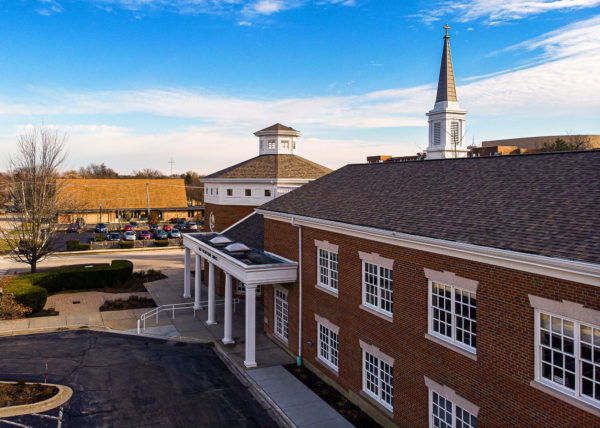As many of you know, I’m an avid weight lifter. I have been lifting weights regularly since I was 15 years old when I convinced my father to purchase a universal gym. We each paid half and it resided in our garage. My father almost never used it, but every Monday, Wednesday, and Friday, I would get up before school at 5:30am and workout for about an hour.
At the time, the universal gym was perfect for me. I could do all the basic exercises and the machine had more than enough weight to challenge me. Within two years, the weights were no longer strenuous. This is when I started paying for a gym membership and I had to learn gym etiquette. You have to keep the machines clean by wiping them down. You are expected to return the weights to their appropriate racks after using them. You must be courteous to other members by not dominating a machine for too long and allowing other people to “work in” with you during crowded times.
This etiquette is pretty universal to all gyms. However, what differs from gym to gym is the culture. The gym culture is determined by the owners and the clients who frequent the gym. The most well known cultures are big box gyms like LA Fitness, Gold’s Gym or Planet Fitness. These are massive facilities with nice amenities and a sterile corporate feel. Then there are the lesser-known local gyms like the YMCA or Fitness 19 that tend to be smaller and create a close-knit feeling of community.
There are gyms that focus on retirees and patients going through physical rehab like the Wellness Center at NWCH. There are gyms for athletes, bodybuilders, women, teenagers. You name it, there’s a gym that specializes in every niche segment of the population you could imagine. There are even gyms like the Equinox Flagship in New York City that costs $25,000 a year where membership is initiated by invitation.
I’ve been a member at lots of different types of gyms over the years and you can always tell right away if the gym culture is going to jive with your personality. I tend to like gyms with a diverse range of clientele. I don’t want every person to be young or old or in great shape. I love getting to know people from all different types of backgrounds. Perhaps most important to me is seeing people who are overweight trying to get in shape.
The reason why is because going to a gym is a vulnerable experience for most people. When you exercise in a gym, everyone can see everything you do right or wrong. You’re often sweating and out of breath. There’s no way to hide your deficiencies. Therefore, if I walk into a gym and I don’t see people who are overweight that speaks to the culture of the gym. If people who are overweight don’t feel comfortable being in that environment, then clearly the culture is too exclusive and not welcoming.
Similarly, going into a church for the first time is vulnerable experience for many people. Everyone seeks out a church for different reasons. Some want a good community to form relationships. Others are wounded and looking for answers to deep questions. Still others want to dedicate their time to serving God and those in need. A universal question on all their minds is, “Do I fit in with the people here? Will I be accepted?” If you don’t see a lot of people like yourself in the church, then you will quickly come to the conclusion that you don’t belong.
This is why having a diverse range of people in our congregation really matters. Having people from all different types of backgrounds means that everyone can identify with someone like themselves. Like the gyms I frequent, churches choose their culture. We can be a church that is exclusive and caters to a niche market of people or we can be a church that is a home for everyone who walks through our doors. Most churches fall into the former category where you have to fit into a very specific mold to feel at home. Anyone can be exclusive. Being open is far more challenging.
I want us to be the church where a person can be vulnerable. Whether they are spiritually out of shape or they feel broken by the world, I want them to lay bare their deficiencies and feel welcomed by our community. I want us to be a church where there are no barriers to entry and everyone can find another person like them within our community. But in order for that to happen, we have to create a culture that is similar to the gyms where I work out. There needs to be a place for everyone who walks through our doors.
As Paul says in his letter to the Galatians, “There is no longer Jew or Greek, there is no longer slave or free, there is no longer male and female; for all of you are one in Christ Jesus.” (Ga. 3:28) If we’re going to create a church with true diversity, then this verse needs to become our mantra. We need to embody the ideal that, once you enter our sanctuary, everything that differentiates us melts away and we are just people trying to love God with all our hearts, souls, minds and strength. If we can make this our goal, then our culture will shift and everyone who worships with us will feel accepted just as they are.



